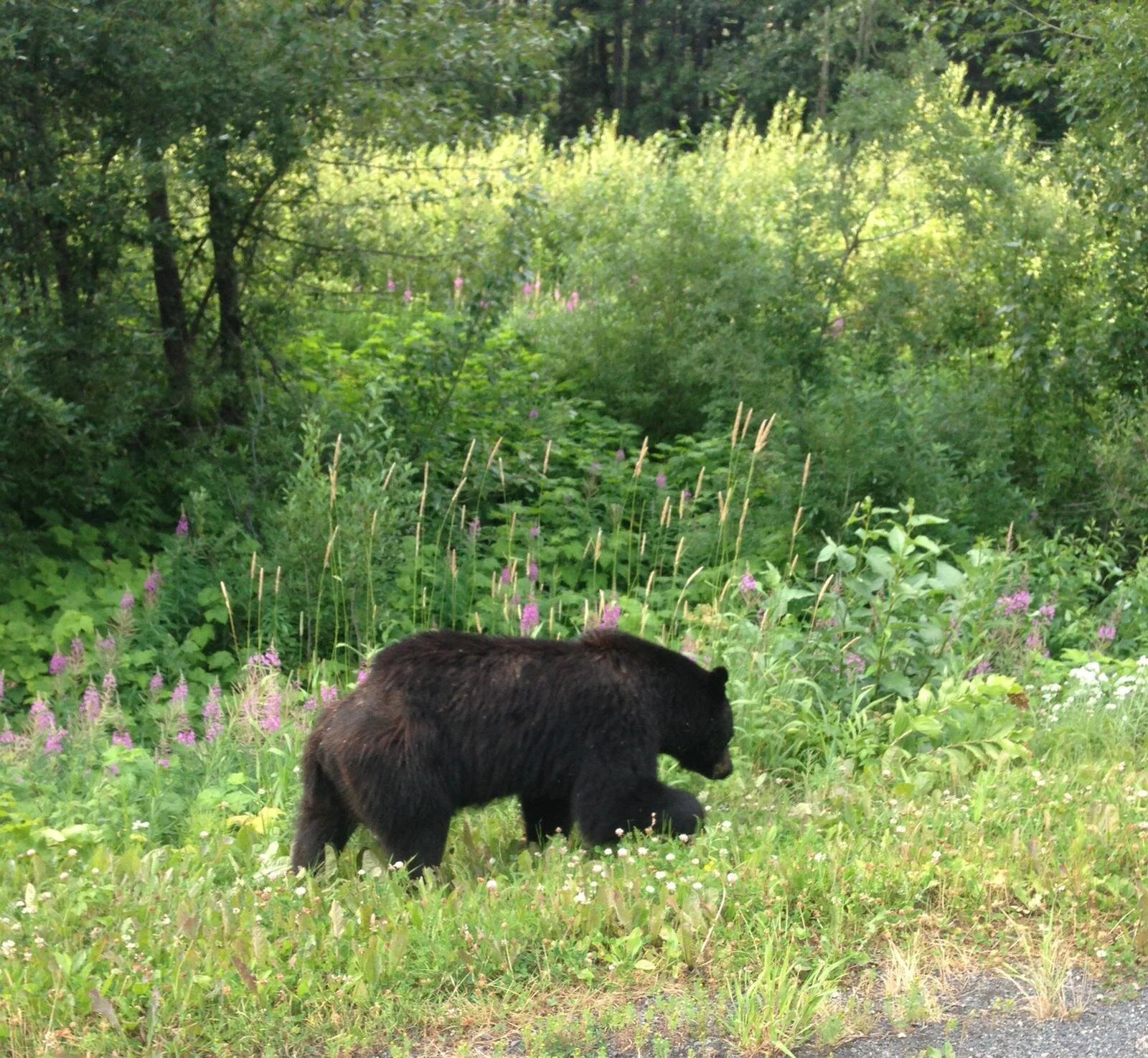Social wildlife management marred by misinformation, lack of resources
By Eriel Strauch, CFUR/Local Journalism Initiative
The decision to hunt is becoming an increasingly controversial topic on social media, with concern over trophy hunting causing many to reject the notion of hunting in general. This is having an impact on the social license, or tolerance of the practice, granted to all hunters in British Columbia despite the majority not identifying as ‘trophy hunters’.
Wildlife management driven by social license, or social wildlife management, in Canada often lacks the same peer-reviewed research that validates biological and ecological influence in conservation practice. However, in some cases, it is still treated with the same level of importance as fact-based policies.
UNBC Fish & Wildlife undergraduate student Gord Emery believes it is important for policy makers and the public to be informed before making judgements about hunters. Concerns over the practices of trophy hunting often bleed into the conversations about hunting more generally and the motivations of hunters are misunderstood in the popular discourse. According to Emery, the majority of hunters in BC do so for meat. He believes that the few who do engage the term ‘trophy hunter’ in their practice rarely do so in the way that has been stereotyped outside of hunting communities.
Results of a survey on types of hunters, British Columbia.
Source: British Columbia Conservation Foundation
Like Emery, the majority of hunters in BC do not identify as trophy hunters, most referring to their practices as for meat first, then selective, in which the hunter picks their quarry based on how it will most positively impact the species and its relationship to surrounding ecology. For many, is it an opportunity to connect with friends, family, and nature. Emery says:
“When I go on hunting, the goal is not to harvest the biggest animal I can find. It’s to go out and experience time outdoors. And that's generally with family and friends and I hope to obtain some wild game meat in the process. And I think most hunters have a similar mentality.”
In 2017, the NDP government implemented a province-wide social wildlife management initiative banning grizzly bear hunting for any purposes other than meat harvesting. The ban was not widely supported by hunters or guide outfitters, who expressed concern about how the ban would potentially impact the economy of small communities.
Emery says that there is also the issue of grizzly overpopulation threatening communities and significantly lowering ungulate populations. Due to the loss of guided hunts after the trophy hunting ban, the Tahltan First Nations have had more frequent bear conflicts in their territory. As a result, Tahltan Central Government President Chad Day provided a financial incentive to members of his community to hunt bears, alongside other predatory animals, in hopes of restoring the previous balance of things.
Emery also expresses concern over lack of funding for BC Fish & Wildlife, a branch of the Ministry of Forests, Lands and Natural Resource Operations tasked with wildlife management. While he believes current hunting policy is already sustainable, he also thinks there is room for improvement which could be made possible with more funding. The provincial budget for wildlife management as a percentage of the overall budget has been declining steadily. According to the BC Wildlife Federation, “despite significant commitments around funding, policy, and science changes to wildlife management, minimal progress has been made since 2017.” As compared to Alberta and nearby US states like Washington and Oregon, BC invests the least amount of money into wildlife management.
Investment in Wildlife Management in BC compared to AB and nearby US States, with BC at the bottom of the list.
Source: BC Wildlife Federation.
Ultimately, Emery believes that social wildlife management can be a positive addition to current scientific practices if it were to be implemented in conjunction with biological and ecological study. However, he does not believe that this symbiotic process he envisions is the current reality of social wildlife management in British Columbia. Emery refers to the more recent decisions in BC as “ballot box management decisions”, and believes them to have been sensationalized to fit the narratives of certain organizations that want to end hunting. He believes that were social wildlife management to go through the same rigorous process as other conservation sciences, that it could be beneficial to conservation practice as a whole.
Link to the article on misplaced conservation efforts referenced in the interview:
Understanding and avoiding misplaced efforts in conservation | Request PDF (researchgate.net)
Listen to the interview on CFUR-FM:
CFUR gratefully acknowledges the support of the Local Journalism Initiative and the Community Radio Fund of Canada / Fonds canadien de la radio communautaire
@CRFCFCRC
#mycrfcproject



